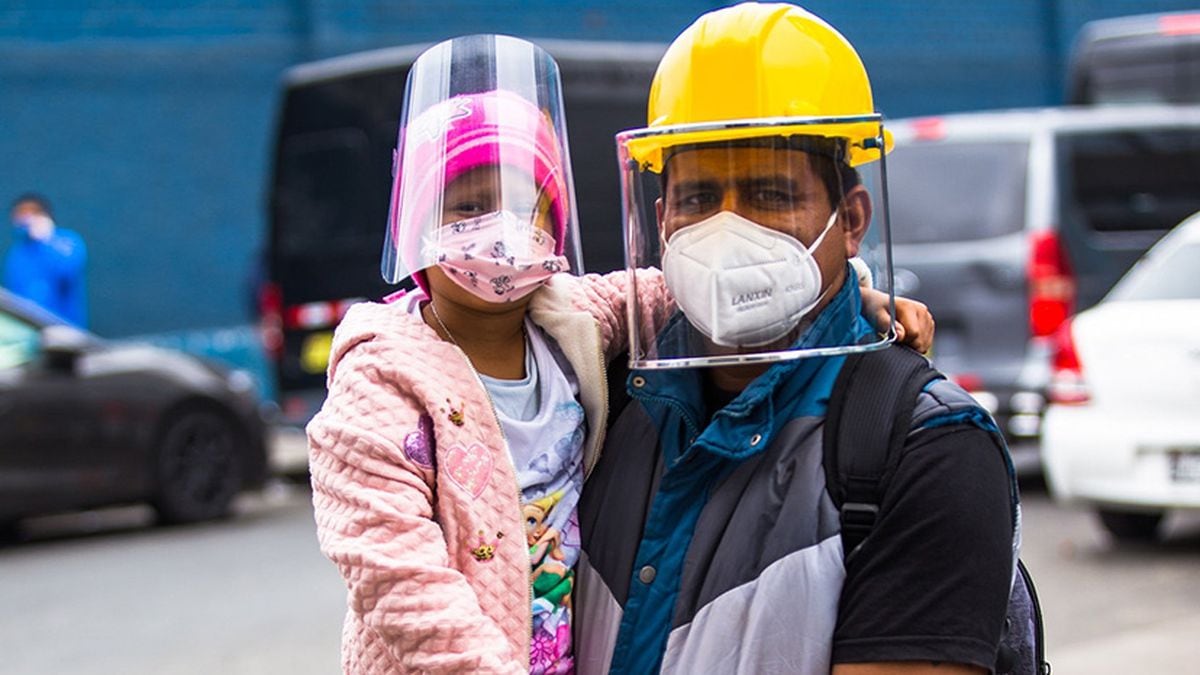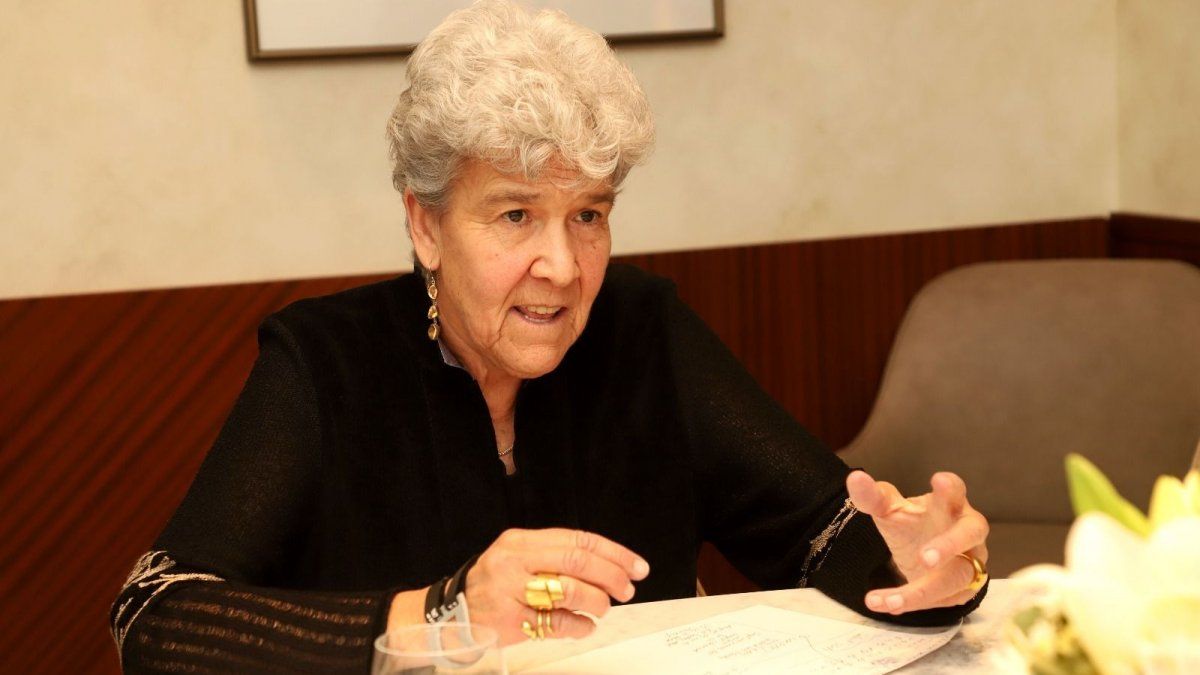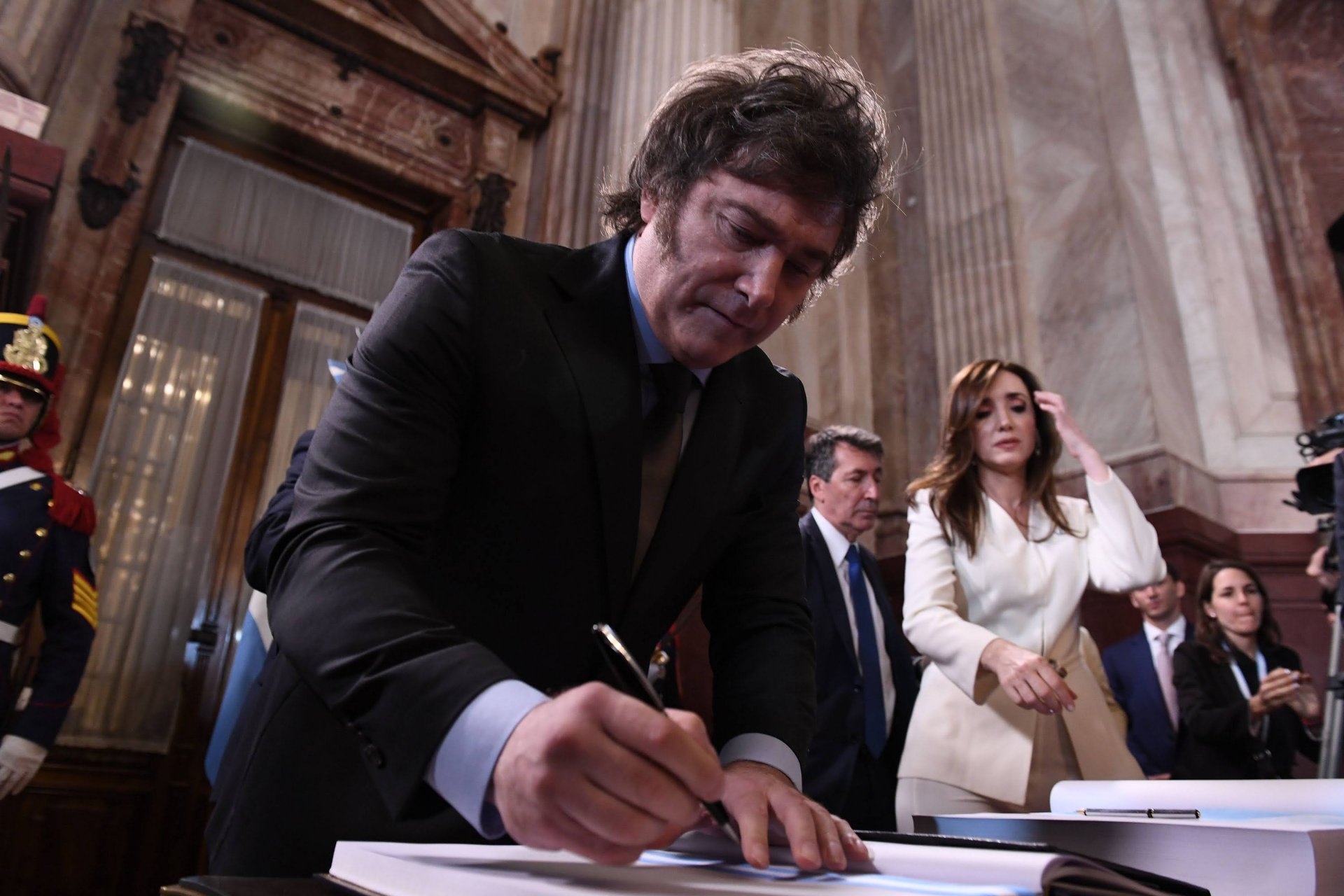World Bank: Growth with equity, a priority in Latin America’s post-pandemic agenda | American Economic and Social Thermometer

The epidemic has hit the Latin America and the Caribbean region hard. The economic contraction in 2020 was the largest in more than a century. For 2021 we expect a hopeful partial recovery. However, the best way out of this crisis is one in which the region can overcome the low growth that persisted before the pandemic, which allows it to enter a greater development path with equity and sustainability. For this, it is necessary that the countries of Latin America take measures and reforms in line with this purpose.
In the past year, due to the Covid-19 crisis, poverty has increased and the middle class has decreased in almost all countries. Most countries have increased public spending to mitigate the impact of the pandemic, but the scale of these efforts has failed to prevent a large proportion of households from falling into poverty. The epidemic has hit the most vulnerable, which is reflected in increased inequality.
The situation is still fragile. The regional poverty rate is 21.8%, but it could worsen in 2021 if social protection policies are not maintained at current levels – a major budget challenge in the midst of a crisis – and if economic growth is not rapidly accelerated.
An unprecedented crisis like this requires extraordinary responses as well. Since the outbreak of the epidemic, countries have mobilized enormous human and economic resources to deal with the emergency. Debt servicing of the poorest countries was postponed and funds were made available to purchase and distribute vaccines. In this context, the World Bank provided $14.8 billion to countries in the region in support of the public sector. These resources were used to support the emergency response and support economies to recover quickly.
All this help was necessary to deal with a difficult and painful situation for many. But now we have to look to the future. If the region wants to grow fast and equitably, and provide opportunities for everyone, it has to succeed. How? There are necessary and urgent reforms in three key areas to promote development:
· In the first place, a strong boost must be given to productivity and job creation. A dynamic private sector, in an investment-friendly business environment and integrated into global value chains, can rapidly generate employment and avenues of advancement for many. The international context, driven by demand growth in the US and China, is once again favorable and should be taken advantage of.
· It will also be necessary to promote the accumulation of human capital. That is, to improve health systems, today within their capacity, the quality of education. A very special effort will be required to restore the learning lost during the crisis. Agile plans for vocational training and employment are also required which include the provision of digital skills.
· Finally, recovery must include an agenda for sustainable growth, while recognizing the problem of climate change and, at the same time, the need to take advantage of and protect the wealth of natural resources that exist in the region. It is important here to invest in renewable energy and to rethink subsidy policies for conventional fuels.
digital enhancement
There is a fourth element whose disruptive power passes through and reinforces this growth agenda: digitization. The epidemic has significantly accelerated its positive impact. We see it in the digital economy, commerce and service platforms. in remote work and remote access to education and health; in financial inclusion, transparency and improving access to public services. The transformative power of digitization is just emerging. However, it is necessary to speed up these changes and ensure that the entire population has access to broadband, so that everyone can benefit from its benefits. This will require huge investments in connectivity infrastructure, as well as appropriate regulations to strengthen it.
The region has gone through a difficult period. The pandemic exacerbated some of the creeping diseases of the past, such as poverty and inequality. But difficulties always bring a call to action. It’s time to build better.
Carlos Felipe Jaramillo He is the World Bank’s Vice President for Latin America and the Caribbean.

“Award-winning zombie scholar. Music practitioner. Food expert. Troublemaker.”


/cloudfront-eu-central-1.images.arcpublishing.com/prisa/X33WQ3GSYFF3DBKJDAVIGHN3DA.jpg)





:quality(70)/cloudfront-us-east-1.images.arcpublishing.com/elfinanciero/YDG4472QRJGMPHNKW6S4XD76GI.jpeg)
